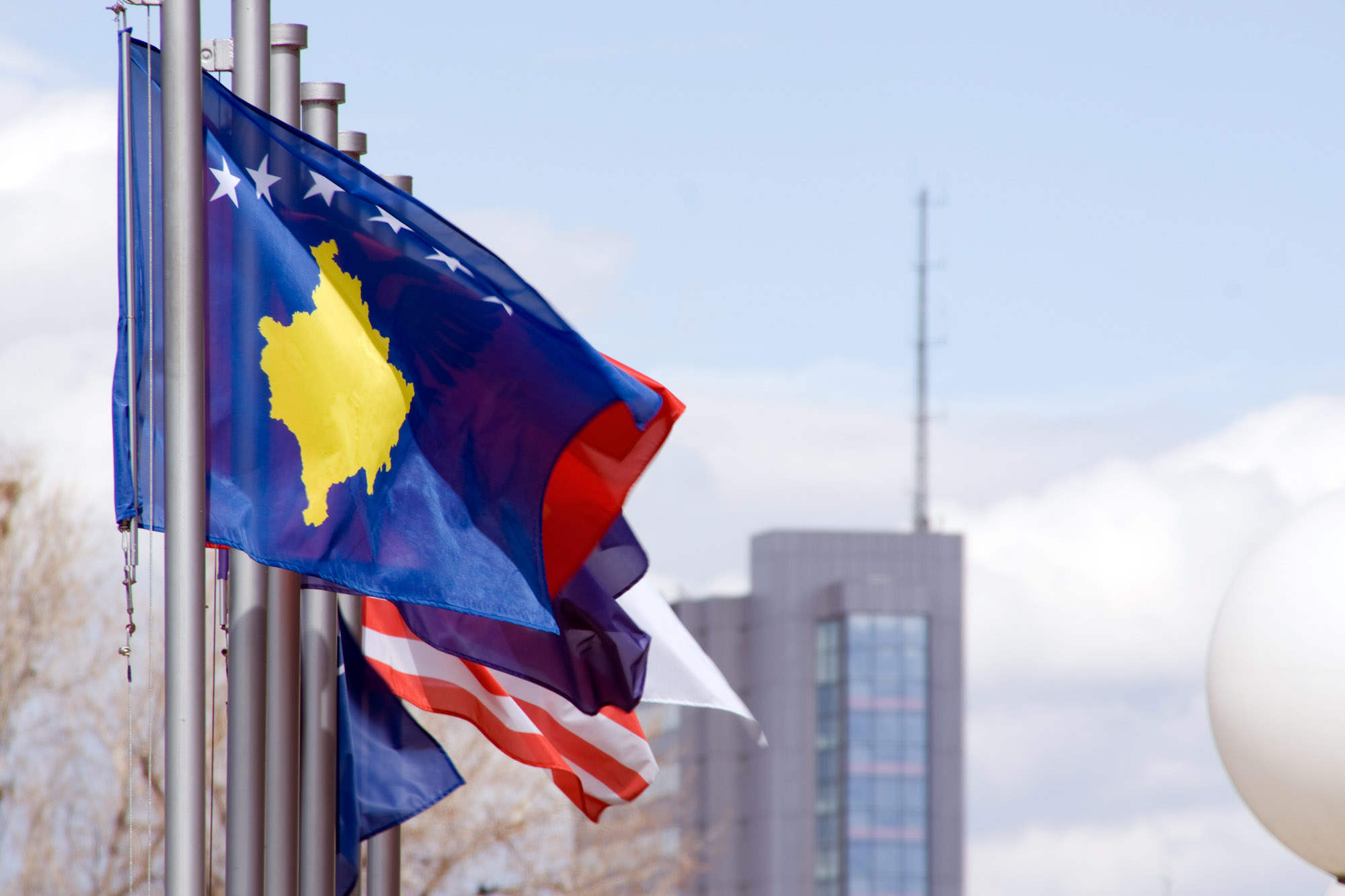The International Republican Institute’s (IRI) nationwide poll in Kosovo, published in November 2021, demonstrates strong support among Kosovars for the United States, the European Union (EU), and the North Atlantic Treaty Organization (NATO). Notably, 93% of respondents had a favorable opinion of the US, 89% supported joining NATO, and 91% supported joining the EU. This support is also reflected in IRI’s recent Western Balkans regional poll, though support does appear to be lower in this more recent survey. While this support is not surprising, it does draw attention to an apparent contradiction.
While Kosovars demonstrate strong support for Western countries and institutions, Kosovo is the only country in the Western Balkans without a visa-free agreement with the EU. Most countries in the Western Balkans began the EU visa liberalization process in 2003, and fulfilled the required criteria within three years, allowing for visa free travel within the Schengen area. In 2012, almost a decade later, the EU officially initiated the visa liberalization process for Kosovo, and in 2018, Kosovo met all 95 visa liberalization criteria. Despite this progress, the EU Council has not granted the visa-free regime to Kosovo. Though the 2021 EU Country Report for Kosovo concludes that “The authorities continued to demonstrate publicly their commitment to Kosovo advancing on its European path,” Kosovo’s EU integration dream remains distant. Despite this, according to the recent regional poll, Kosovo had the highest level of confidence, among polled countries, in the EU’s intention to offer membership to Western Balkan countries.
Kosovo’s late integration process is not the fault of the EU alone: Kosovo’s political institutions have also been slow to reform. Kosovo was the last country in the region to establish a formal framework for its aspirations to join the EU. The Stabilization and Association Agreement (SAA), the foundation of Kosovo’s integration process, only entered into force in 2016. Moreover, the Kosovo-Serbia dialogue on normalization has further complicated the EU integration process. On this EU-facilitated dialogue, the aforementioned EU report mentions no meaningful progress. Though 50% of respondents to the IRI poll oppose compromise on this issue, this lack of progress in the dialogue is hampering Kosovo’s EU integration.
Data from the more recent Western Balkans poll suggests a drop of 8% (from 93% to 85%), among citizens of Kosovo who report that they would vote to join the EU. This 8% drop is the largest among all polled countries. Following Russia’s invasion of Ukraine, Kosovo’s public and politicians have increasingly called for accelerated membership and inclusion into European intuitions. This lack of progress towards EU integration has not yet significantly affected Kosovars’ perceptions of the EU, but EU institutions and member states must find creative solutions to seize their enthusiasm and address the stagnant integration processes. Otherwise, the EU and the West risk their popularity turning into disillusion over time.
Top